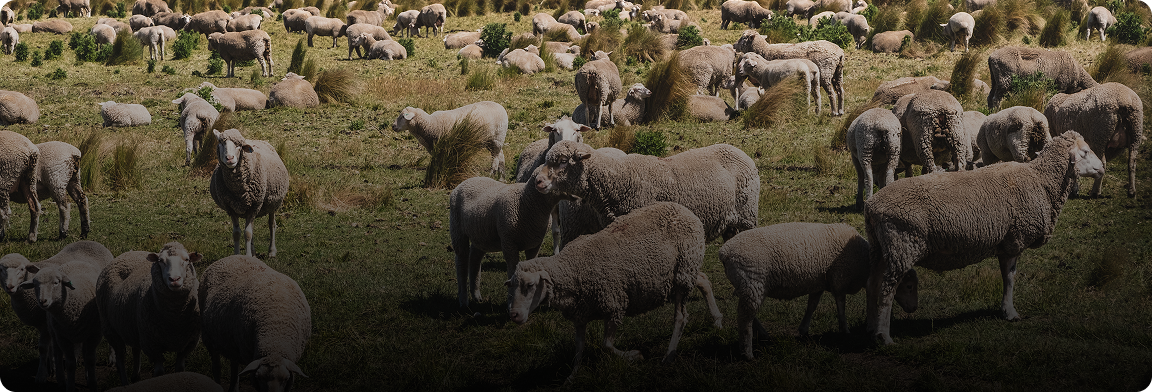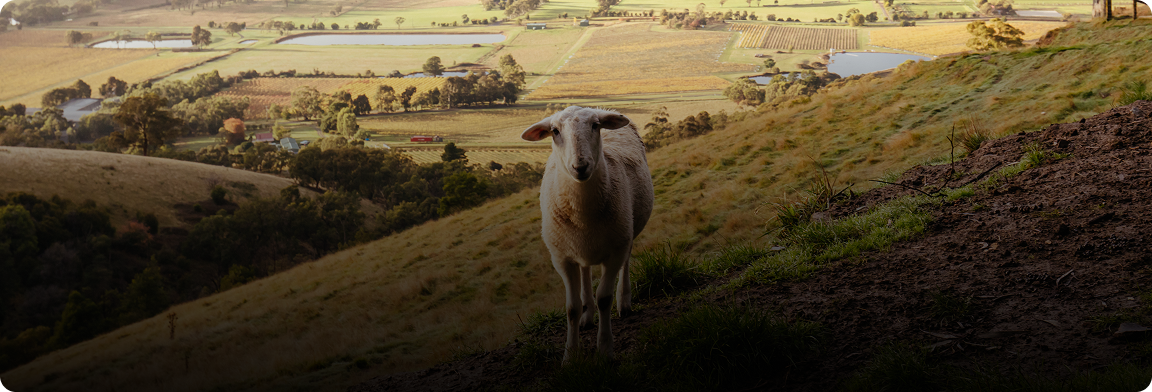Renewable energy is playing an important role in making farming more eco-friendly. It helps protect the environment and provides clean energy. Farmers can use renewable energy sources like wind, solar, and biogas instead of relying on fossil fuels. This helps reduce pollution and saves money. In this blog, we will learn how renewable energy is changing farming and making it better for both the planet and farmers.
Why Renewable Energy is
Important for Farming
Renewable energy is important for farming because it helps reduce pollution and save money. First, it helps farmers produce their own energy. For example, solar panels and wind turbines can generate power. This means farmers do not need to buy energy from other sources. In addition, renewable energy does not harm the environment. It helps reduce greenhouse gases that cause climate change. Finally, renewable energy makes farming more efficient, which means farmers can grow food more easily.
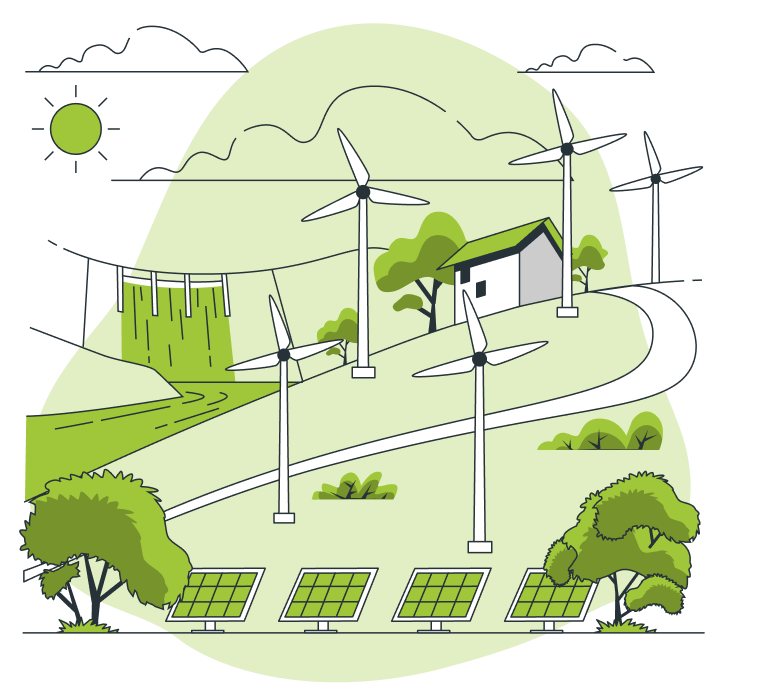
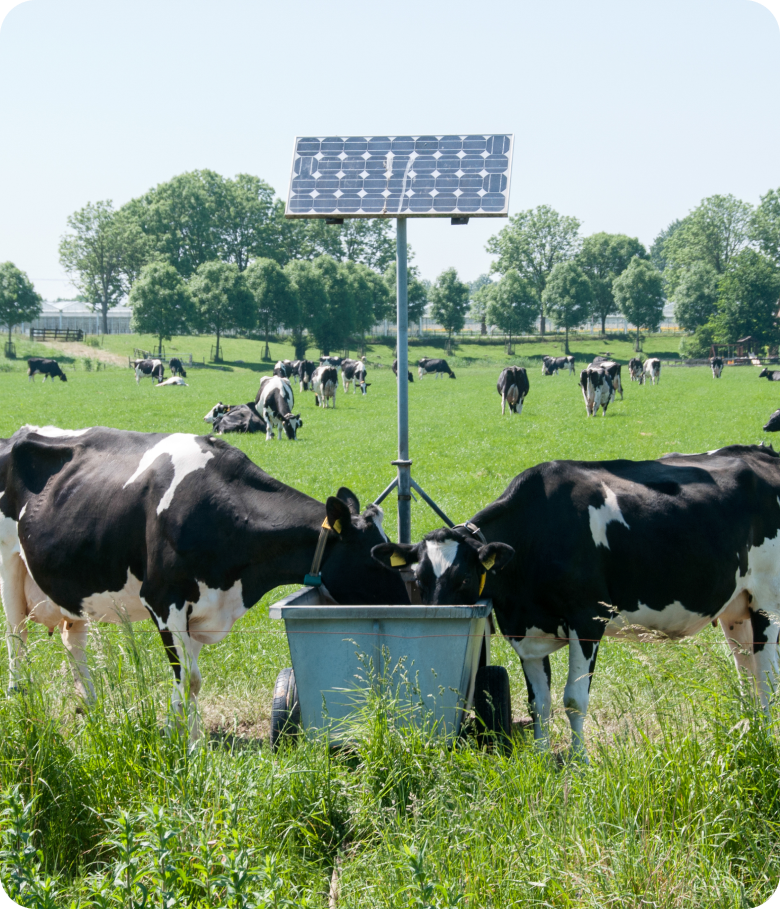
Using Solar Power on
Farms
One of the best ways to use renewable energy is solar power. Farmers can install solar panels on rooftops or in open fields. These panels capture sunlight and turn it into electricity. This electricity can power lights, irrigation systems, and even machines. Using solar energy helps farmers reduce their energy bills. Additionally, solar power is clean and does not pollute the air or water. This makes it a great choice for eco-friendly farming.
Wind Power on Farms
Another great renewable energy source is wind power. Farmers can use wind turbines to generate energy. The wind turns the turbine blades, which creates electricity. Wind power works well in areas where there is a lot of wind. For example, farmers can use this energy for irrigation systems, lights, and farm equipment. Wind energy helps farmers save money and reduce their reliance on fossil fuels. It is a clean source of energy that helps protect the planet.
Biogas from Farm Waste
Farmers can also make energy from waste, like manure and food scraps. This process is called biogas production. Farmers put the waste into a digester, where it breaks down and produces gas. This gas can be used to make electricity or heat. Biogas helps reduce waste and pollution. By using farm waste to make energy, farmers can save money and reduce their environmental impact. It’s a simple way to turn waste into something useful.
Geothermal Energy for
Heating
Geothermal energy is another option for farmers. This energy comes from the heat inside the Earth. Some farmers use geothermal systems to heat their barns or greenhouses. Geothermal energy can be used to warm the soil and air, making it easier to grow crops in cold weather. This allows farmers to produce food all year round, even in winter. Geothermal energy is reliable because it doesn’t depend on the weather. It helps farmers grow crops in a sustainable way.
Biogas from Farm Waste
Farmers can also make energy from waste, like manure and food scraps. This process is called biogas production. Farmers put the waste into a digester, where it breaks down and produces gas. This gas can be used to make electricity or heat. Biogas helps reduce waste and pollution. By using farm waste to make energy, farmers can save money and reduce their environmental impact. It’s a simple way to turn waste into something useful.
Geothermal Energy for
Heating
Geothermal energy is another option for farmers. This energy comes from the heat inside the Earth. Some farmers use geothermal systems to heat their barns or greenhouses. Geothermal energy can be used to warm the soil and air, making it easier to grow crops in cold weather. This allows farmers to produce food all year round, even in winter. Geothermal energy is reliable because it doesn’t depend on the weather. It helps farmers grow crops in a sustainable way.
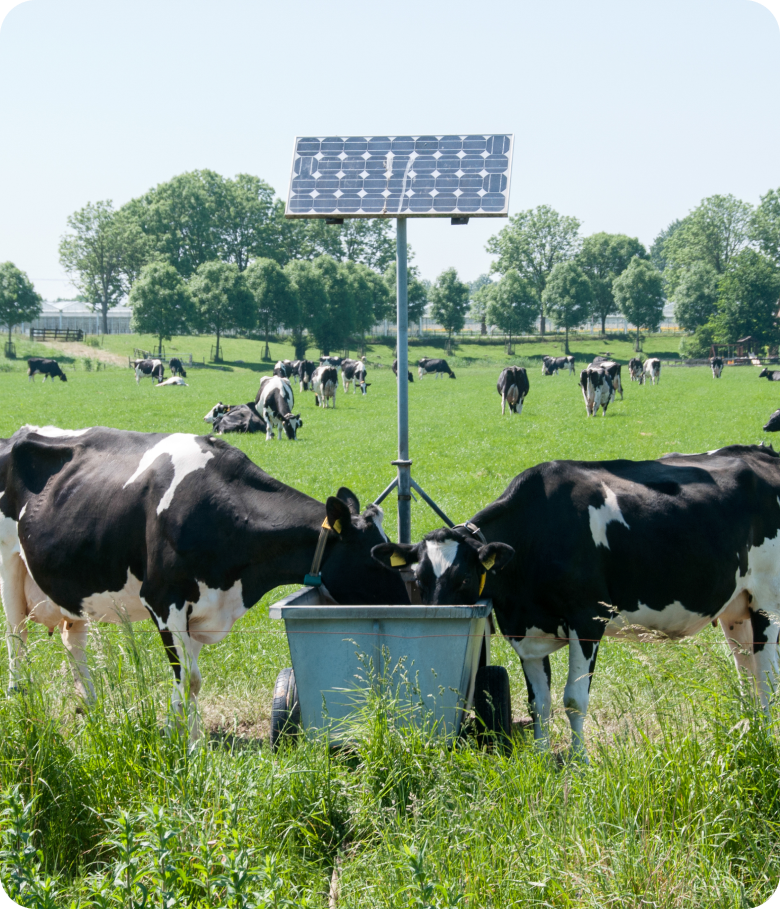

Renewable Energy for
Farm Equipment
Farm equipment uses a lot of energy. Farmers can use renewable energy to power their equipment, like tractors and harvesters. Electric tractors are becoming more popular because they use less fuel and are better for the environment. Farmers can charge these machines using solar or wind energy. This helps reduce the pollution caused by farm equipment. By using renewable energy, farmers can save money and make their farms more eco-friendly.
The Future of Renewable
Energy in Farming
The future of farming looks bright with renewable energy. More and more farmers are using solar, wind, and other renewable energy sources. This is making farming cleaner, more efficient, and more sustainable. In the future, renewable energy may power even more systems on farms. This will help reduce pollution and make farms more self-sufficient. Farmers and the environment will both benefit from the use of renewable energy. It’s an exciting time for farming!
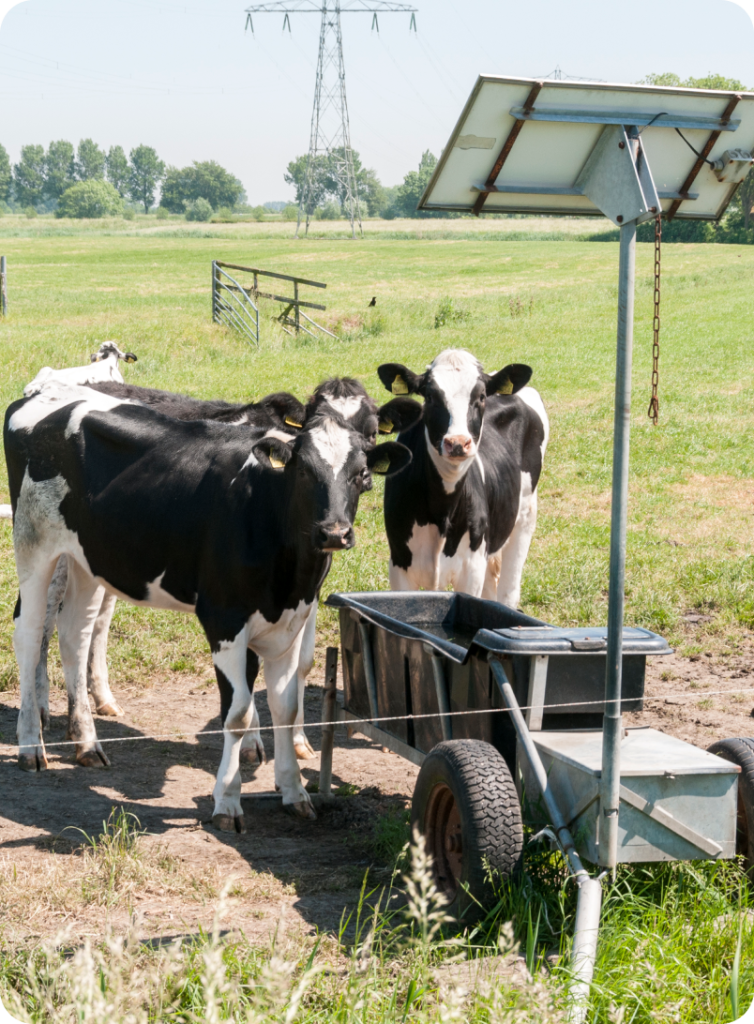
Conclusion
In conclusion, renewable energy is transforming farming. It helps farmers save money, reduce pollution, and become more self-sufficient. By using solar, wind, biogas, and geothermal energy, farmers can power their farms in a cleaner way. These sources of energy help protect the environment and make farming more sustainable. Renewable energy is the future of farming, and it is making the planet a better place for all of us.




